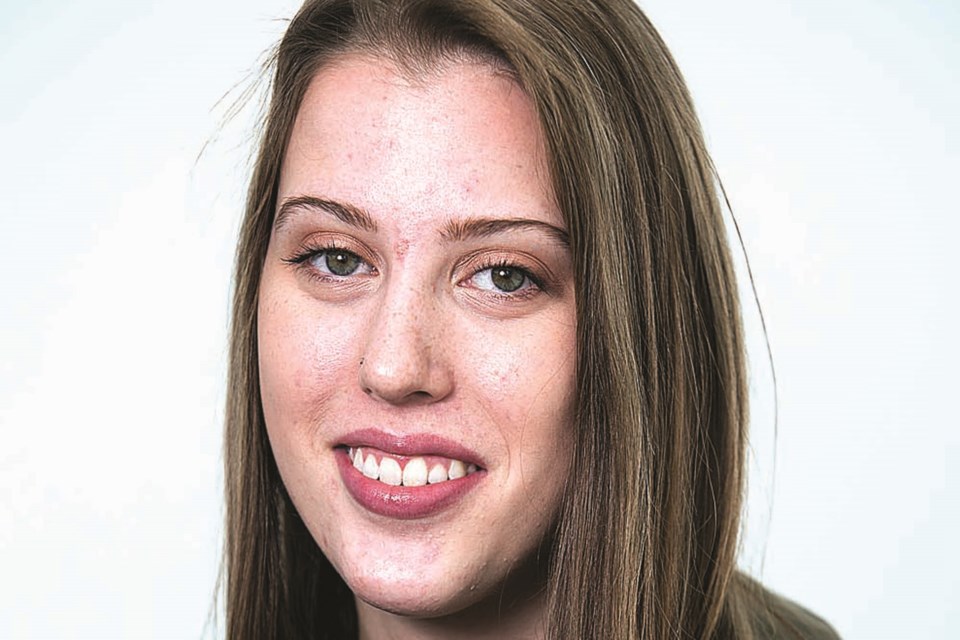Facebook and several other major media companies have had their fair share of privacy scandals in the past few years.
Two years ago, the world learned that Cambridge Analytica, a UK-based political consulting firm, had gathered data from more than 87 million Facebook member profiles. By collecting thousands of data points on millions of individuals, the company created “psychographic” profiles linked to their personality traits. These profiles were then used to create political messaging specifically targeted to the individual. It is alleged the data assisted both the Leave campaign in the Brexit vote and the Trump presidential campaign.
The data collected from our profiles is not limited to the political sphere. A Facebook bug in 2013 inadvertently shared the email addresses and phone numbers of six million users with all of their friends, even when the information wasn’t public.
Facebook now owns the popular platform Instagram. Popular apps and websites, including Pinterest and Tinder, now use our Facebook profiles to collect our personal data. This means our personal data is interconnected across multiple platforms.
MyFitnessPal, a popular calorie-counting health app, was the victim of a hack in which users’ email addresses and passwords were leaked. Most internet users have a limited number of passwords that they use for all of their accounts, meaning the hackers armed with this information could easily hack into several other user accounts.
Ultimately, it is straightforward for big tech companies to take advantage of their users. It has happened time and time again, and yet an estimated 2.7 billion people have a Facebook account.
When I came to this realization, I decided to simplify my digital footprint and be more cautious about the information I share. I deleted my Facebook account with the promise my data and profile would be deleted after a 30-day period. When I asked a friend to check if all of my data had been deleted, we noticed all of my old messages were still accessible to my Facebook friends.
As it turns out, Facebook messages can never be deleted. They are the property of Facebook, forever.
It is clear that our data, in an age of social media, will never truly be private; even after you have deleted your accounts. The larger question is: do we care? It is certainly time for a rethinking of social media’s role in society, to protect consumer privacy and better regulate the major platforms. However, despite the knowledge that my data is not private, I have not continued to delete my social media platforms.
Social media is an ingrained part of our society. I first made a Facebook account at 13, before which I used AOL messenger to Instant Message my elementary school friends. The use of Twitter and other platforms is a requirement of working in media; a way to instantly share breaking news and interact with readers.
While I have made efforts to limit the data I share, part of me has accepted that we will never have complete privacy.
I only wonder how many users are aware of the ease with which big tech companies are willing to violate our privacy in search of the most valuable commodity in the world – data.
Jennifer Hamilton is a local student and writer.




